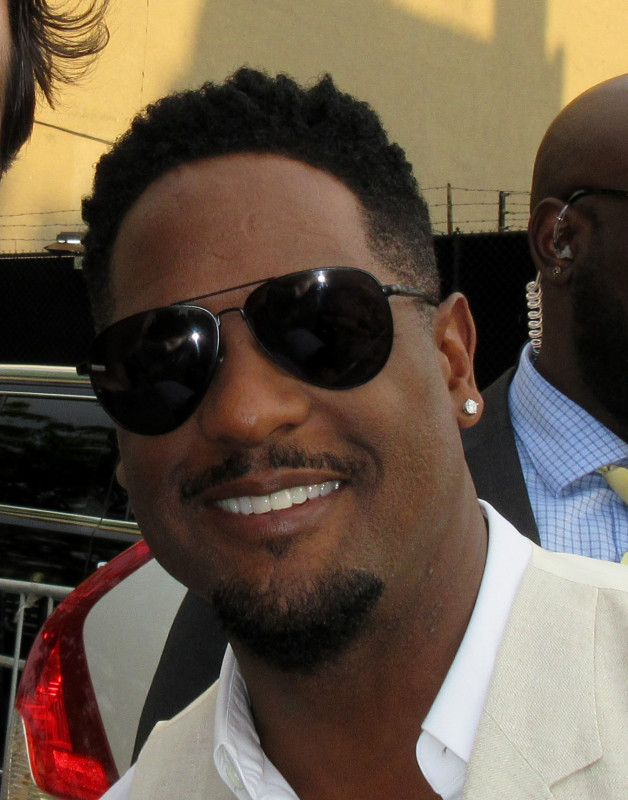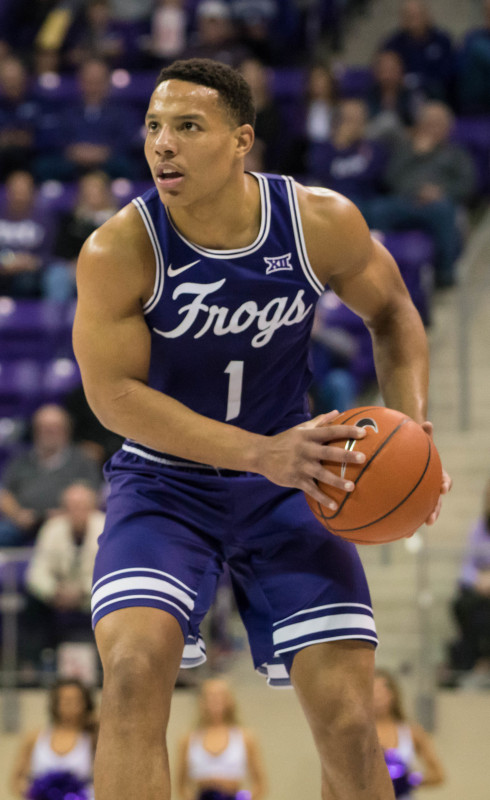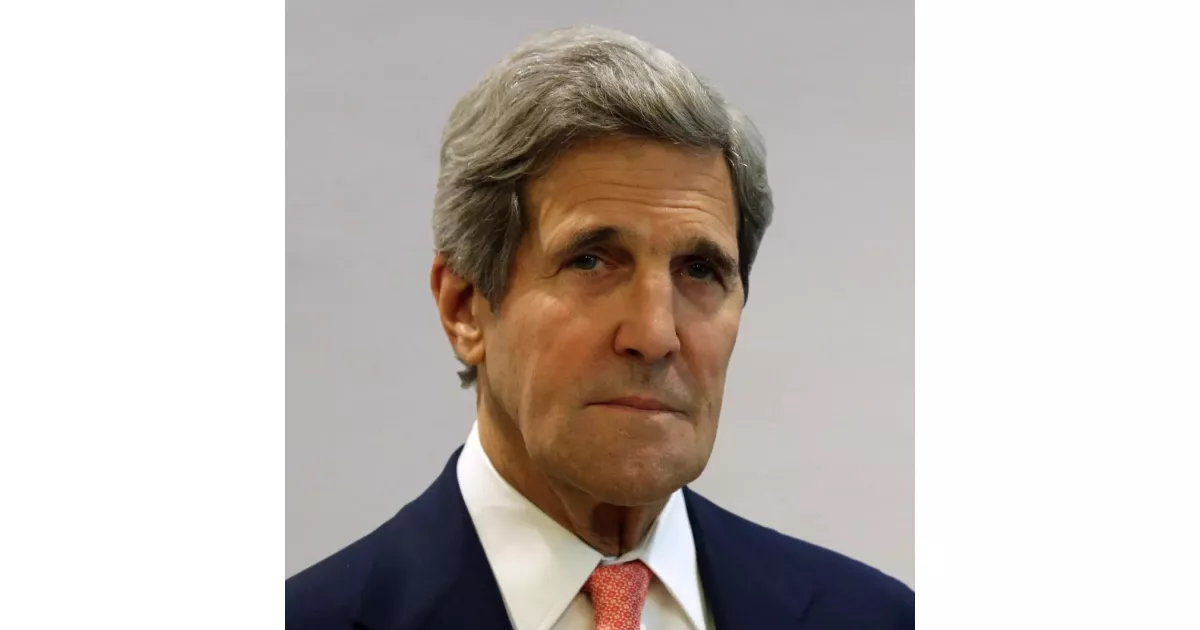Controversies are a part of history. Explore the biggest scandals linked to John Kerry.
John Kerry is an American politician and diplomat, notable for his long career in public service. He served as Secretary of State under President Barack Obama, as a U.S. Senator representing Massachusetts for nearly three decades, and as the first U.S. Special Presidential Envoy for Climate. He was the Democratic presidential nominee in 2004, ultimately losing to George W. Bush. Kerry's career has focused on foreign policy, environmental issues, and domestic politics.
April 22, 1971: Kerry Throws Medals in Protest of the Vietnam War
On April 22, 1971, Kerry appeared before a U.S. Senate committee and participated in a demonstration with other Vietnam War veterans. During the demonstration he threw his medals and service ribbons over a fence at the United States Capitol building to protest the war.
May 30, 1971: Kerry Arrested During VVAW March
On May 30, 1971, Kerry was arrested during a Vietnam Veterans Against the War (VVAW) march in Lexington, Massachusetts. Kerry and 440 other demonstrators were arrested for trespassing and spent the night in jail before paying a $5 fine.
1978: Kerry Launches Investigation Against Senator Edward Brooke
In 1978, Kerry initiated a criminal investigation against Senator Edward Brooke, regarding misstatements during his divorce trial. Ultimately, no charges were filed.
April 18, 1985: Kerry Meets with Daniel Ortega in Nicaragua
On April 18, 1985, Kerry and Senator Tom Harkin met with Nicaraguan President Daniel Ortega, facing criticism due to Ortega's ties to Cuba and the USSR. Kerry and Harkin talked to people on both sides of the conflict and facilitated a cease-fire agreement offer.
November 15, 1988: Kerry Makes Joke About George H. W. Bush and Dan Quayle
On November 15, 1988, Kerry joked about George H. W. Bush and Dan Quayle, saying, "if Bush is shot, the Secret Service has orders to shoot Dan Quayle." He apologized the following day.
May 4, 1989: Oliver North Convicted of Charges Relating to the Iran/Contra Controversy
On May 4, 1989, Oliver North was convicted of charges relating to the Iran/Contra controversy, including three felonies.
September 16, 1991: Oliver North's Convictions Overturned on Appeal
On September 16, 1991, Oliver North's convictions were overturned on appeal.
1991: BCCI Shut Down
In 1991, banking regulators shut down the Bank of Credit and Commerce International (BCCI) after Kerry's staff found reason to believe that the bank had facilitated drug trafficking and money laundering for General Manuel Noriega.
December 1992: Kerry and Brown Release Report on BCCI Scandal
In December 1992, Kerry and Senator Hank Brown released 'The BCCI Affair', a report detailing the BCCI scandal and criticizing various government agencies and lobbyists.
2000: Controversy Surrounding George W. Bush's Military Service
In 2000, the controversy surrounding George W. Bush's military service in the Texas Air National Guard became an issue, contrasting with John Kerry's status as a decorated Vietnam War veteran. This posed a challenge for Bush's presidential campaign.
October 9, 2002: Vote to Authorize Use of Force in Iraq
On October 9, 2002, John Kerry stated he would vote to give the President authority to use force to disarm Saddam Hussein, believing his weapons of mass destruction posed a threat.
January 23, 2003: Speech on Disarming Saddam Hussein
On January 23, 2003, John Kerry gave a speech at Georgetown University, stating the need to disarm Saddam Hussein due to his threat with weapons of mass destruction, while also warning against rushing to war without exhausting diplomatic options.
March 16, 2004: Statement on $87 Billion Appropriation
On March 16, 2004, John Kerry's statement, "I actually did vote for the $87 billion before I voted against it", was used against him during his presidential campaign.
2004: Swift Boat Veterans for Truth Oppose Kerry's Campaign
In 2004, during Kerry's presidential campaign, a group called Swift Boat Veterans for Truth (SBVT) formed to oppose Kerry's campaign. The group questioned Kerry's war record and military awards through press conferences, ads, and a book. The controversy led to the political term "swiftboating."
October 30, 2006: Kerry Speaks at Campaign Rally for Phil Angelides
On October 30, 2006, Kerry spoke at a campaign rally for Democratic California gubernatorial candidate Phil Angelides, stating, "If you don't study hard, you get stuck in Iraq."
July 23, 2010: Report on New Yacht Construction
On July 23, 2010, the Boston Herald reported that John Kerry commissioned the construction of a new $7 million yacht (a Friendship 75) in New Zealand and moored it in Portsmouth, Rhode Island, allegedly to avoid Massachusetts taxes.
August 21, 2013: Advocacy for military force against Syria
Following the chemical weapons attack on Ghouta suburbs of Damascus on August 21, 2013, John Kerry became a leading advocate for the use of military force against the Syrian government.
December 28, 2016: Criticism of Israel's settlement policies
On December 28, 2016, John Kerry criticized Israel's settlement policies following United Nations Security Council Resolution 2334. This led to mixed reactions, including criticism from Israeli Prime Minister Benjamin Netanyahu and distancing from UK Prime Minister Theresa May.
April 25, 2021: Publication of leaked audiotape conversation
On April 25, 2021, The New York Times published content from a leaked audiotape of a conversation between economist Saeed Leylaz and Iranian foreign minister Mohammad Javad Zarif, obtained by Iran International news channel.
April 27, 2021: Call for resignation from National Security Council
On April 27, 2021, Republicans called on John Kerry to resign from the Biden administration's National Security Council following claims from a leaked audiotape conversation, which Kerry denied in a tweet.
Mentioned in this timeline

Donald John Trump is an American politician media personality and...

Barack Obama the th U S President - was the...

Bill Clinton served as the nd U S President from...

Hillary Diane Rodham Clinton is a prominent American politician lawyer...

George W Bush the rd U S President - is...

Joe Biden is an American politician who served as the...
Trending

35 minutes ago Blair Underwood Discusses Fame, Staying True, and Almost Passing on 'Set It Off'

35 minutes ago Zach Braff reflects on Scrubs' return and auditioning six times 25 years ago.

35 minutes ago Embiid Probable, Powell's Status Uncertain for Sixers-Heat Game: Injury Report Details
35 minutes ago Ghosts Season 5 Premieres: New Spirits and More Laughs on Paramount+

36 minutes ago Desmond Bane, Anthony Edwards Fined $25K by NBA for Throwing Balls

2 hours ago Kim Mulkey's LSU Tigers: NCAA Tournament Seeding Possibilities and AP Poll Ranking
Popular

Jesse Jackson is an American civil rights activist politician and...

Susan Rice is an American diplomat and public official prominent...

Barack Obama the th U S President - was the...

XXXTentacion born Jahseh Dwayne Ricardo Onfroy was a controversial yet...

Michael Joseph Jackson the King of Pop was a highly...

Kashyap Pramod Patel is an American lawyer who became the...
